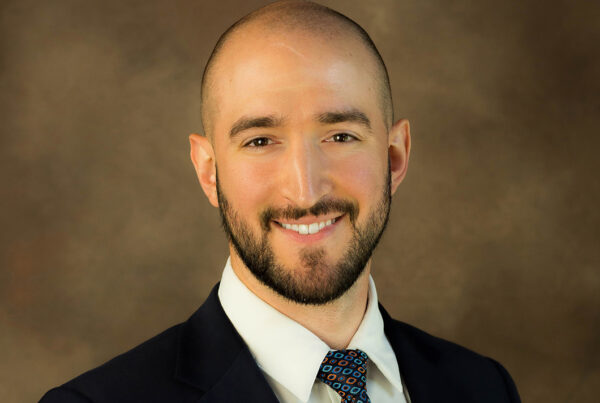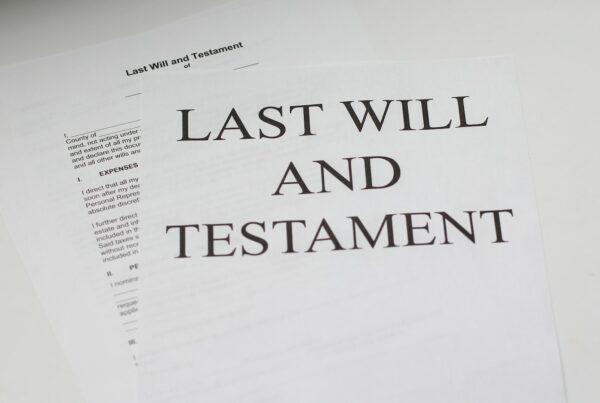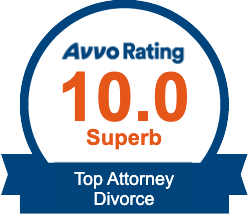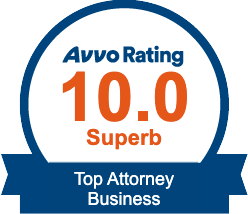Achieving a Better Life Experience (ABLE) accounts are an important tool that can be used by guardians of disabled adults or the disabled individual. ABLE accounts allow individuals with disabilities, or their guardians on their behalf, to invest money without risking the loss of federal government benefits. Individuals who qualify for an ABLE account must have a disability with onset prior to the age of 26. Furthermore one of the following must be true of the individual:
1) The individual must be eligible for or already receive Supplemental Security Income or Social Security Disability Insurance due to their disability;
2) The individual is blind as defined by the Social Security Act;
3) The individual has a medically determinable physical or mental impairment, with marked, severe functional limitation that has lasted, or is expected to last, at least 12 continuous months or to result in death; or
4) The individual has a similarly severe disability with a written diagnosis from a licensed physician that can be produced if requested.
These accounts are important tools for loved ones with disabilities. For example, family can make annual contributions totaling up to $15,000.00 to the ABLE account. If these funds were placed directly in a disabled individuals bank account it could jeopardize public benefits. Individuals who contribute to these plans can take a state income tax deduction as an individual or $20,000.00 if filing jointly. Once an ABLE account hits $450,000.00 no further contributions can be made but the earnings on the principle may continue. However, SSI benefits temporarily suspend if the account reaches over $100,000.00 and will resume upon the account falling back below a $100,000.00 benefit. Furthermore, there are other restrictions and mandates the disabled individual or guardian will need to comply with to ensure that public benefits are not stopped.
The money in an ABLE account can be used to pay basic living expenses, including but not limited to, education, health and wellness, housing, transportation, legal fees, financial management, employment training, assistive technology, personal support services, oversight and monitoring and funder expenses.
The attorney’s at Allison & Mosby-Scott are experienced in guardianship (probate) matters and estate planning matters related to disabled adults. Contact the attorneys at Allison & Mosby-Scott if you need assistance with estate planning for a disabled adult or need to petition for guardianship of a disabled loved one.






